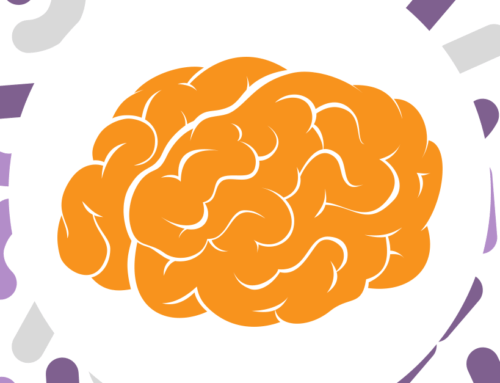
By Dr. Marvin Singh, MD
March 10, 2019
We all know that we inherit our DNA and genes from our parents. What else do we get from our parents? It turns out that we get a lot more than our DNA from them. I am often asked about what things can be done to help improve the health and future health of a child. So, I thought I would share with you my top three recommendations.
1. Reduce Toxins. Babies can be born with up to 200 chemicals and toxins in their bloodstreams. That’s a huge toxic burden for someone who is taking their first breath and trying to figure out what happened after 9 months in the womb. We live in a toxic world. It is hard to avoid toxins altogether. There are things we can do to reduce our exposures. We can start by avoiding genetically modified foods (GMOs), pesticides such as glyphosate (or Roundup), alcohol, tobacco, and certain other chemicals found in foods, beauty products, and even furniture. Avoiding these can help us reduce our toxic burden and the toxins transferred to a baby when they are born. Many of these toxins are obesogens, diabetogens, and endocrine disrupters. That means that they may make us gain weight, develop diabetes, and potentially interfere with normal hormone balance in the body. The Environmental Working Group’s website (www.ewg.org) is a great resource to learn about toxins. It may not be as hard as you think to significantly reduce your family’s toxic exposures.
2 Always Love. We are all social creatures. We thrive on our relationships and interactions with each other. This is no different for a baby. Stress at an early age can impact the types of bacteria that settle into our gut. The gut microbiome is an ecosystem of over 100 trillion organisms such as bacteria, viruses, and fungi that live with us; we now know that they can really influence our health. For example, when baby monkeys were separated from their mothers, one study (https://www.ncbi.nlm.nih.gov/pubmed/28976454) showed that there was a reduction in a species of helpful bacteria and there were increases in certain bacteria that are associated with psychiatric conditions and gut imbalance. It is important to remember that even though you may love your kids, sometimes things might happen that they will interpret differently than expected. It is always important to show them that they are loved and openly discuss anything important. The love hormone, oxytocin, can increase in our bloodstreams when we have certain helpful bacteria as well. Our emotions, feelings, reactions, and minds are all very intricately connected to our gut health and vice versa. Being open and showing compassion is never a bad thing. Not only will you improve your gut microbiome, you will improve your child’s gut microbiome!
3. Habits. As human beings we learn a lot by what we experience in life. Often times it is not so much “bad genes” for heart disease that are inherited but moreso bad habits that can lead to heart disease that are learned and passed down from generation to generation. We now know that our genes are not our destiny. Sure, there are certain conditions that can be inherited that we do not have control over. These genes are in the minority, however. We do not have to allow learned habits from the past to influence our lives now or in the future. We can speak to our genes by changing these learned behaviors. We can also teach children good habits from an earlier age and this will help them learn how to influence their own gene expression. This is a concept called epigenetics. We now know that there is a sleeve of compounds and proteins that covers our DNA that play a role in turning on and turning off our genes just like a light switch. If we do our best to tell our epigenomes that we want the good genes to be turned on and the bad genes to turn off, it will do the best it can to make it happen under your particular circumstances. It is what we do and how we live that influence our genes in a very important way.
If we understand that things such as toxins, love, and habits can influence our health from a very young age, we can reflect and look at unique ways to improve our health. It is never too late to reduce your toxic burden, show love and kindness to others, or to learn good healthy habits. Being a parent is a complicated job. It doesn’t all have to be complicated, though. Some quick, simple things can really make a huge impact, not only on your own wellbeing but also on the wellbeing of your children!


